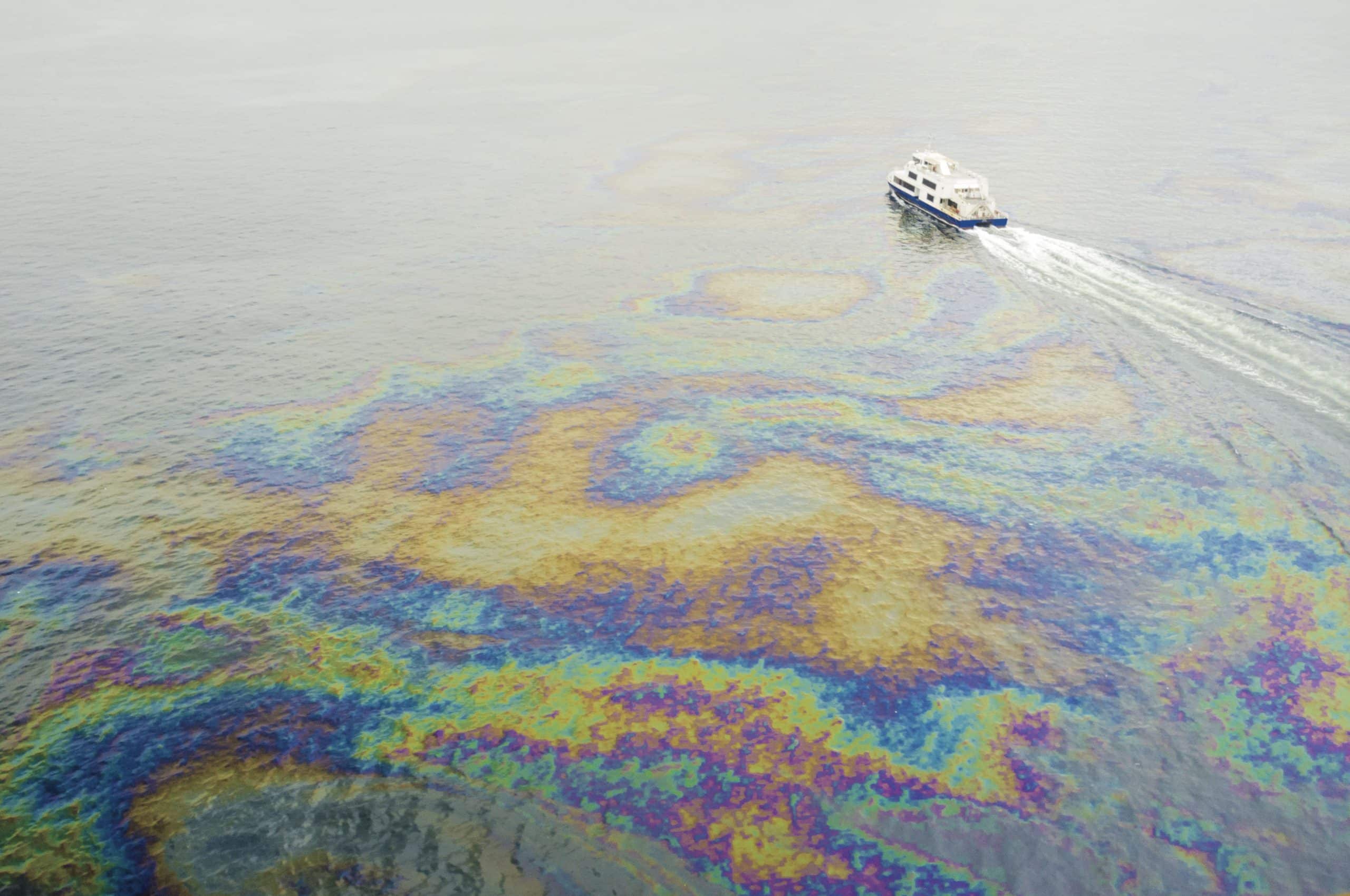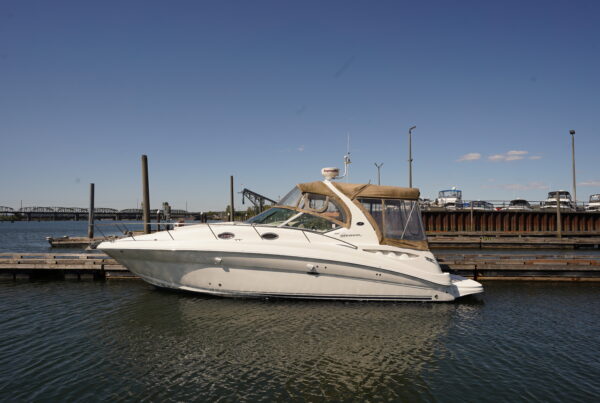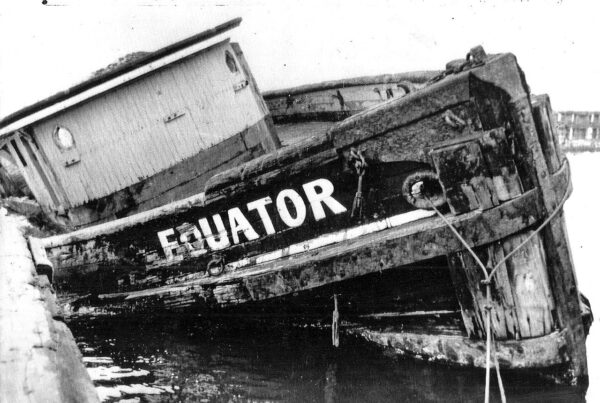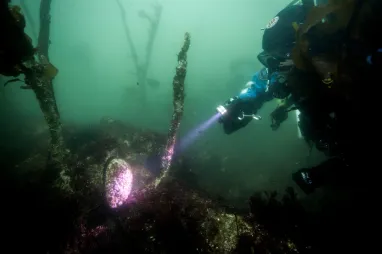Introduction:
Welcome to the world of boating, where the tranquility of open waters meets the responsibility of protecting our fragile ecosystems. As an ecologist and avid boater, I am passionate about raising awareness of the impact boat exhaust can have on our precious waterways. In this article, we will delve into the intricacies of boat exhaust and its effects on water ecosystems, aiming to educate and inspire boaters to adopt responsible practices that promote the coexistence of all living creatures.

The Science Behind Boat Exhaust:
To truly understand the implications of boat exhaust on water ecosystems, we must delve into the scientific processes involved. When a boat’s engine burns fuel, it releases a complex mixture of gases, particles, and pollutants into the air. While many of these emissions dissipate in the atmosphere, a portion can find their way into our waterways through several pathways, including direct emissions and deposition from the air.
- Carbon Dioxide (CO2) and Ocean Acidification: Boat exhaust contains carbon dioxide (CO2), a greenhouse gas that contributes to climate change. When CO2 dissolves in water, it reacts with water molecules to form carbonic acid, a process known as ocean acidification. This reaction reduces the water’s pH level, making it more acidic. Ocean acidification affects the delicate balance of carbonate ions in the water, which are crucial for the growth and survival of marine organisms, particularly those with calcium carbonate shells or skeletons. Elevated CO2 levels can hinder their ability to build and maintain their protective structures, making them more vulnerable to predation and other stressors.
- Oxygen Depletion: Boat exhaust releases carbon dioxide and other combustion byproducts into the water, leading to reduced oxygen levels. When CO2 dissolves in water, it competes with oxygen for space, effectively reducing the amount of dissolved oxygen available to aquatic organisms. Insufficient oxygen levels can suffocate fish and other marine organisms, disrupting their metabolism, growth, and reproductive capabilities. This oxygen depletion can lead to hypoxic conditions or “dead zones” where marine life struggles to survive.
- Nitrogen and Phosphorus Compounds: Boat exhaust contains nitrogen and phosphorus compounds, which act as nutrients in aquatic environments. While nutrients are essential for the growth of plants and algae, excessive amounts can lead to harmful consequences. When boat exhaust introduces an abundance of nutrients into the water, it can trigger excessive algal growth. These algal blooms can disrupt the natural balance of the ecosystem by shading and suffocating underwater plants, blocking sunlight, and depleting oxygen as the algae decompose. This creates harmful conditions for other organisms, leading to fish kills and the disruption of entire food chains.
- Particulate Matter and Sedimentation: Boat exhaust can also emit particulate matter, such as soot, fine ash, and unburned hydrocarbons. These particles can contribute to air pollution and, when deposited on the water surface, can have indirect effects on aquatic life. When these particles settle on the water, they can reduce light penetration, affecting the growth of submerged plants and algae. Additionally, some particles can bind with sediments, increasing turbidity and sedimentation rates. Excessive sedimentation can smother benthic habitats, impacting bottom-dwelling organisms and altering the overall structure of the ecosystem.
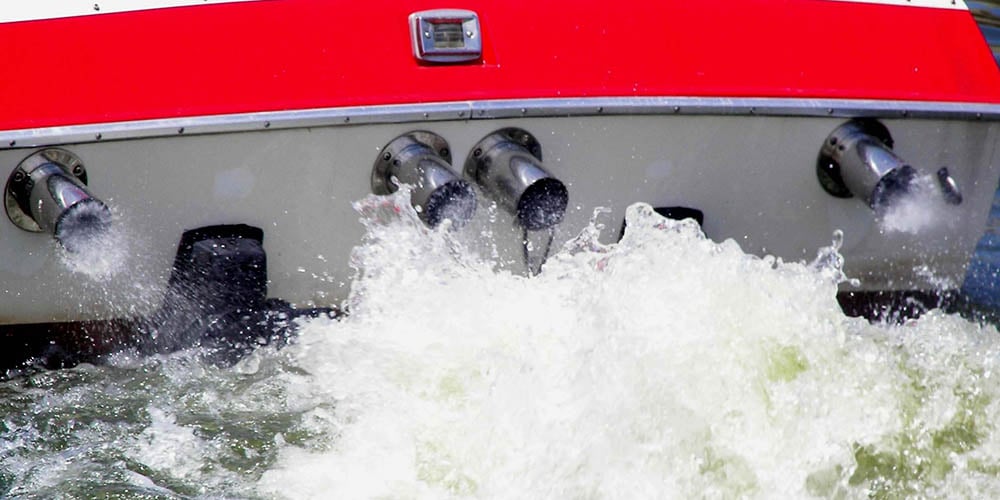
Understanding the intricate science behind boat exhaust and its impact on water ecosystems empowers us to take proactive steps toward responsible boating practices. By adopting mindful habits and minimizing our environmental footprint, we can protect the delicate balance of our waterways and ensure a sustainable future for all living creatures.
Effects on the Water Ecosystem:
- Oxygen Depletion: When carbon dioxide (CO2) from boat exhaust dissolves in water, it reacts with water molecules, forming carbonic acid. This process, known as ocean acidification, reduces the water’s pH level and affects the balance of carbonate ions, essential for the growth and survival of marine organisms. Additionally, as CO2 levels rise, dissolved oxygen levels decrease, suffocating fish and other aquatic organisms.
- Harmful Chemicals: Boat exhaust contains an array of toxic substances that can contaminate water ecosystems. Heavy metals, such as mercury and lead, enter the water and accumulate in the tissues of aquatic organisms over time. These bioaccumulated toxins can impair the reproductive capabilities and overall health of marine life, including fish, shellfish, and even large marine mammals.
- Algal Blooms: Boat exhaust introduces excessive nutrients, including nitrogen and phosphorus compounds, into the water. These nutrients act as fertilizers for algae, leading to accelerated growth and the formation of algal blooms. These blooms can produce harmful toxins that not only pose a direct threat to marine life but also create oxygen-deprived “dead zones” as they decompose, further disrupting the ecosystem.
- Disruption of Aquatic Species: The noise and vibrations generated by boat engines can have profound effects on marine organisms. Whales, dolphins, and other marine mammals rely heavily on sound for communication, navigation, and locating food. High levels of underwater noise can disorient and stress these animals, disrupting their feeding, mating, and migration patterns. Even smaller organisms, such as fish and invertebrates, can experience behavioral changes and habitat displacement due to these disturbances.
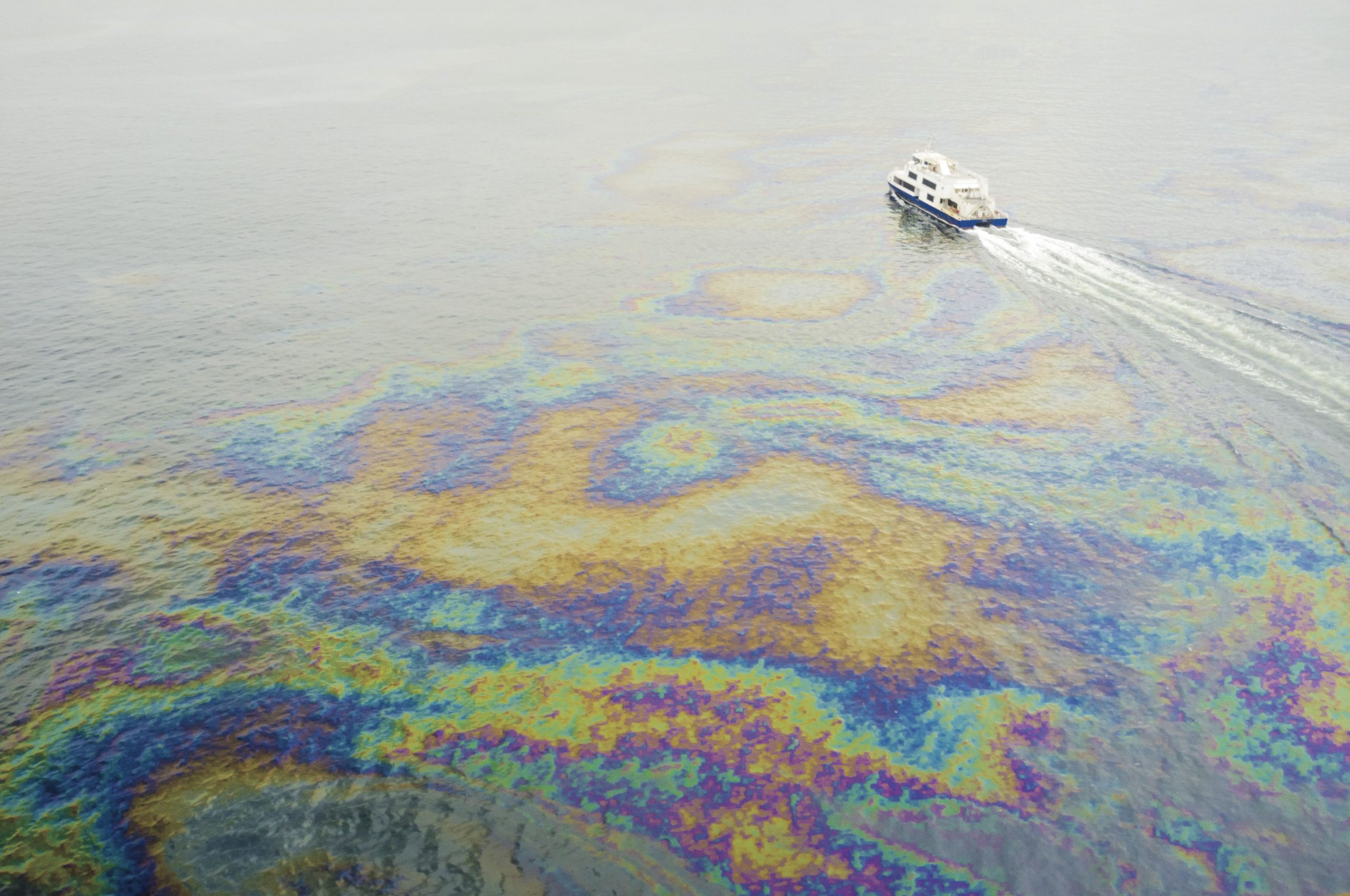
Tips for Responsible Boating:
- Maintain Your Engine: Regularly service and maintain your boat’s engine to ensure optimal performance and fuel combustion. Check for leaks and promptly address any issues to prevent oil and fuel from entering the water.
- Choose Low-Impact Fuel: Consider using cleaner fuel options, such as low-sulfur diesel or biofuels, which emit fewer pollutants. These alternatives minimize the release of harmful substances into both the air and water, promoting a healthier environment for aquatic life.
- Reduce Idle Time: Avoid idling your boat’s engine unnecessarily. When waiting or docking, switch off the engine to minimize exhaust emissions. This simple step can significantly reduce your environmental impact on the water ecosystem.
- Navigate at Appropriate Speeds: Operating your boat at lower speeds reduces the turbulence created beneath the water’s surface. This, in turn, minimizes the disruption caused to aquatic habitats, helping to preserve their fragile ecosystems and prevent the erosion of shorelines.
- Proper Waste Disposal: Dispose of waste, including oil, fuel, and other hazardous materials, responsibly. Never discharge waste directly into the water. Utilize designated collection facilities or recycling programs available in marinas and harbors to prevent contamination.
- Educate Yourself and Others: Stay informed about current environmental regulations and best practices for boating. Share your knowledge with fellow boaters, encouraging them to adopt responsible habits and minimize their environmental footprint. Participate in community initiatives focused on waterway conservation and restoration.
Conclusion:
As stewards of our waterways, boaters have a profound opportunity and responsibility to protect and preserve our fragile ecosystems. By understanding the science behind boat exhaust and its impacts on water ecosystems, we can actively take steps to minimize our environmental footprint. Let us navigate with mindfulness, embracing responsible boating practices that ensure the harmonious coexistence of all living creatures and safeguard the beauty and health of our waterways for generations to come. Together, we can navigate toward a sustainable future.
We encourage you to use Rabbet to connect with the rest of the boating community! Hop onto our Learn tab to find more articles like this. Join our various forums to discuss with boating enthusiasts like you. Create an account to get started.
Visit us on Pinterest to collect content and inspire others.

